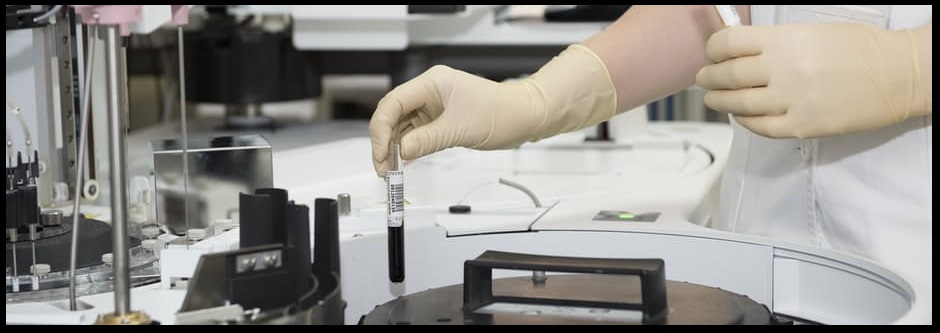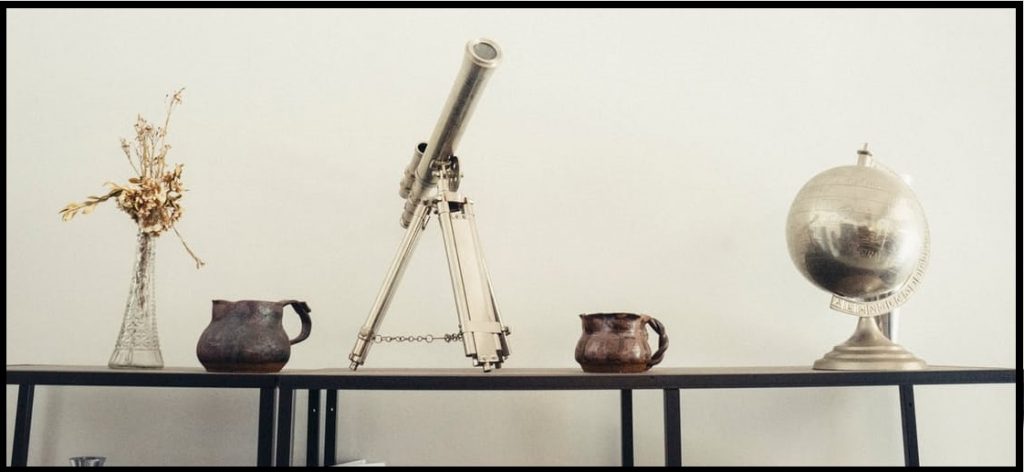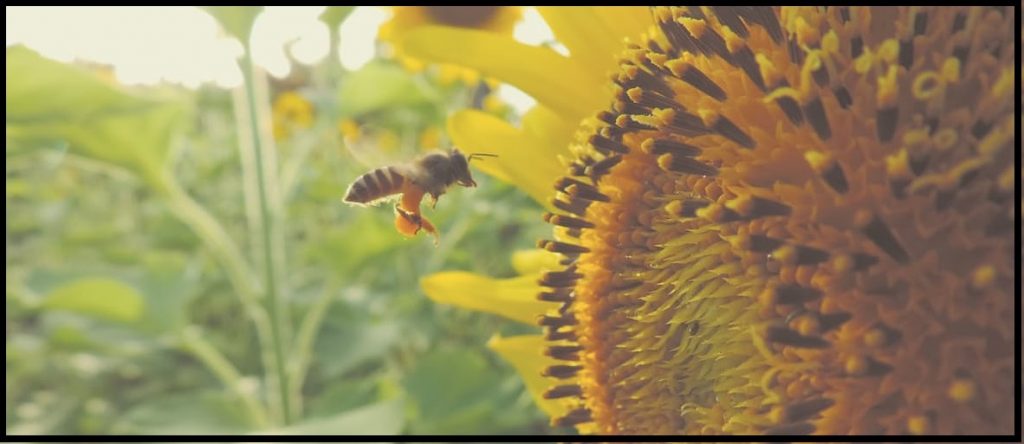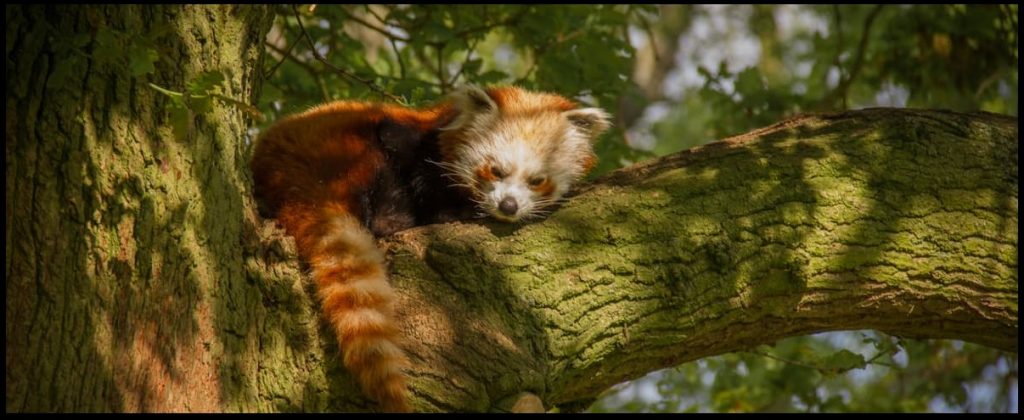What were your main roles and responsibilities during the course of your internship?
After becoming comfortable with the literature, my main role in this internship was to train in the Biophysics labs and learn from a PhD student before going on to help them complete research. After completing this research I was responsible for the production of a paper detailing the process and results, with an aim to getting the paper published in a scientific journal. I have also attended the regular Biophysics group meetings, as well as being given the opportunity to hear guest speakers from other Universities talk when they have visited the Physics department here in Exeter.
Overall, the whole of my internship has been an amazing and extremely rewarding experience. I have learned much more about what life as a scientist really is, got to grips with a wide variety of new scientific concepts through studying the literature, and had exposure to a thriving scientific environment where it was a privilege to listen to scientists talk about their work. I believe my biggest achievement over the course of this internship is either the growth in confidence and ability to network that I have experienced, or the production (with much help and guidance) of a scientific paper that will hopefully be published, something I did not think I was capable of at this age.
What benefits did your internship bring to your employer?
As previously mentioned, I helped to complete a piece of novel research for my employer as well as writing the results into a paper. Moreover, having now had experience in the Biophysics labs I would be more suited to working in this department again if my employer wanted a summer student next year.
Did you encounter any problems during the course of your internship and if so, how did you overcome them?
I encountered problems as a part of the work, such as a lack of knowledge of the specific vocabulary required to understand many of the concepts spoken about daily in this department. However, I overcame these either through research or asking for assistance where necessary. Everyone in the department has been very friendly and more than happy to offer assistance where necessary which has been invaluable to me.











